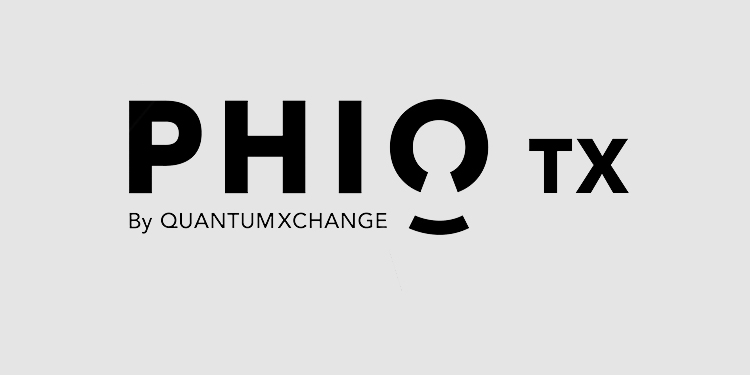Quantum Xchange, a provider of secure communications for a quantum-safe world, today announced the availability of Post-Quantum Cryptographic (PQC) algorithms to its Phio Trusted Xchange (TX) key distribution system. As a leading company making Quantum Key Distribution (QKD) commercially viable by overcoming its distance and point-to-point only transmissions limitations, Quantum Xchange now boasts a complete, production-ready product that can support the delivery of quantum keys in any format.
This means any of the most secure encryption technologies available – Quantum Random Number Generator (QRNG) sources, PQC algorithms, or physics-based QKD for maximum security – can be deployed across any network topology while working within an organization’s existing environment.
“The implementation of PQC algorithms within our Phio TX product is a major milestone toward making quantum-safe encryption risk-free and available today. Quantum computers will be able to crack modern-day encryption, and organizations must get ahead of the threat without disrupting their existing security infrastructure. As the first complete quantum-safe key distribution system, Phio TX is a sound investment and must-have technology for any organization seeking to easily upgrade defenses as the threat landscape evolves.”
– John Prisco, CEO of Quantum Xchange
Phio TX
Phio TX was designed to separate the symmetric encryption key delivery from the data channel. Its patent-pending, out-of-band, secondary key delivery technology enables encrypted, fault-tolerant and load-balanced, point-to-multi-point, quantum-safe key transmissions across any distance, using any network media or topology (fiber, wireless, copper, free-space, satellite).
Unlike other solutions that offer post-quantum cryptographic libraries and integration tools built for developers, Quantum Xchange has productized PQC making it a standard featured within the Phio TX appliance. Phio TX uses PQC algorithms to create an AES-encrypted tunnel within TLS, protecting the communication between individual Phio TX nodes and ensuring the solution remains FIPS 140-2 certified.
This added layer of security (key-encrypting keys) makes traditional keys quantum-safe if the Phio TX appliance is in use, while providing greater security to those organizations that opt for unbreakable QKD.
“The benefits of a multi-tiered approach to quantum safety are clear,” continued Prisco. “As the National Institute of Standards and Technology (NIST) continues to evaluate PQC algorithms, organizations can utilize PQC, QKD, QRNG or any combination thereof for a defense-in-depth approach that incorporates both next-generation mathematical encryption with provably unbreakable physics-based quantum keys. In addition to extraordinary security in a post-quantum world, this allows unprecedented flexibility as well.”






















